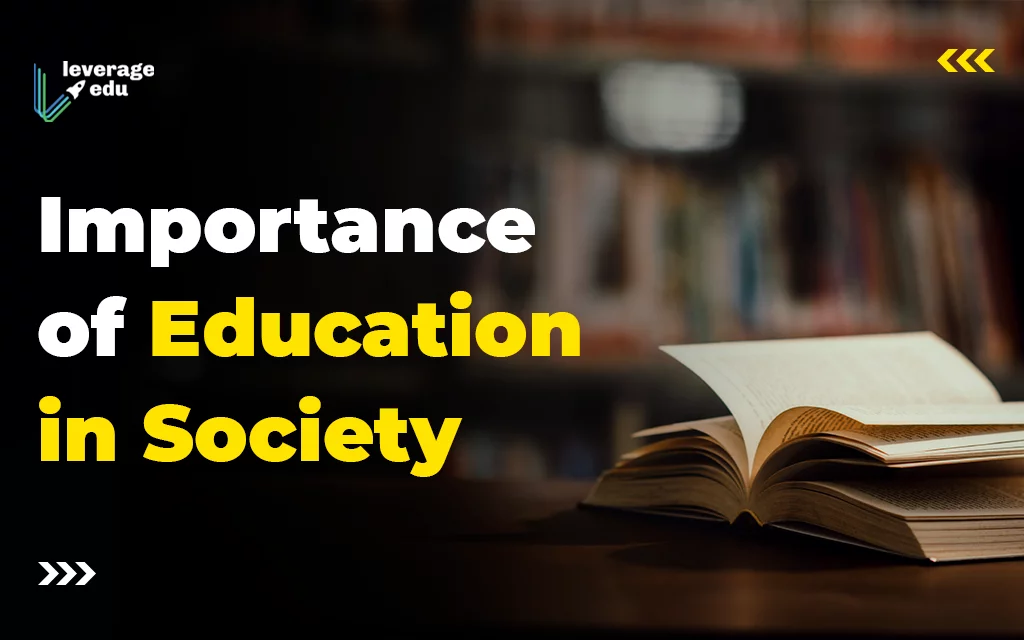What is the difference between education and indoctrination?
Education is often related with indoctrination. Indoctrination is the process of inculcating ideas, attitudes, cognitive strategies or a professional methodology. It is often distinguished from education by the fact that the indoctrinated person is expected not to question or critically examine the doctrine they have learned. As such it is used pejoratively, often in the context of education, political opinions, theology or religious dogma.
Instruction in the basic principles of science, in particular, cannot properly be called indoctrination, in the sense that the fundamental, principles of science call for critical self-evaluation and skeptical scrutiny of one’s own ideas, a stance outside any doctrine. In practice, however, a certain level of non-rational indoctrination, usually seen as mis-educative, is invariably present. The term is closely linked to socialization in common discourse, indoctrination is often associated with negative connotations, while socialization refers to cultural or educational learning.
As a pejorative term indoctrination implies forcibly or coercively causing people to act and think on the basis of a certain religion. Some secular critics maintain that all religions indoctrinate their adherents, as children, and the accusation is made in the case of religious extremism. Sects such as Scientology use personality tests and peer pressures to indoctrinate new members.
The difference between education and indoctrination is vast, but it is often subtle when the mind thinks of these two subjects. Education involves the seeking of facts, and learning about what is the truth, and what is not. Indoctrination is aimed at influencing people to believe in facts, without being able to back up these newfound facts with anything but opinion.
You can be indoctrinated into a political party, a cult, or a belief system. In fact, all of us are indoctrinated into a belief system as we are growing up. Whether our parents or guardians are open and understanding people, or if they are bigoted, and want nothing to do with anyone outside of their own race and affiliations, we
are subtly indoctrinated into their belief system. As we grow, many of us seek education in order to develop our own belief system.
Education can be directly supported by data that is derived from facts. Indoctrination tends to use language that encompasses everything, referring to or ‘every’, as though the insights created are a statement of fact for each and every individual of a group.
For example: All democrats spend too much money. All republicans are religiously oriented and bring the Bible to work with them. You can’t support these statements of ‘all’ and ‘every’ without actual data. If you believe it, then it has grown from opinion to indoctrination.
Education uses statistical analysis to encourage thought toward reasoning, and proposed solution finding. Indoctrination often uses statistics, but has offered no analysis of size, duration, control subjects, criteria, or duration of the gathering of those statistics. Thus, the statistics offered through indoctrination are simply misrepresented, and are used only to support the beliefs being posed. Any statistics that might dispute the beliefs are not brought to attention.
Education is unbiased. It is founded in fact, and isn’t there to persuade anyone to come up with a certain belief. Education is development of one’s own beliefs based on the facts that are discovered throughout the process. Indoctrination has an agenda. It is used to encourage the embracing of another’s beliefs, and developing blinding and complete agreement with those beliefs.





